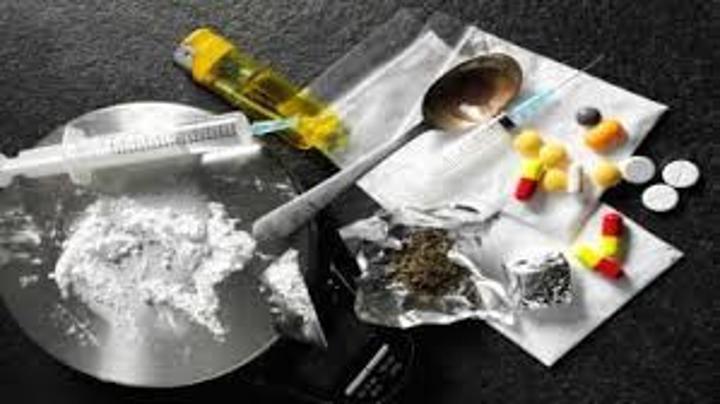Africa-Press – Zimbabwe. THE fight against drug and substance abuse got more teeth last week after the government amended legislation to ban two illicit brews it deemed harmful to public health.
Statutory Instrument (SI) 62 of 2025, gazetted last week, amended the Harmful Liquids Act [Chapter 9:10] by adding Kambwa and Musombodhiya to the list of banned substances.
“The schedule to the Act is amended by the insertion after item 9 (“Nipa”) of the following item — “10. Any unregulated, unauthorised or illegally produced alcoholic beverage containing ethanol, colloquially referred to by such names as Kambwa, Musombodhiya or by any other name whatsoever,” the SI read.
This means 11 liquids have been declared harmful. These are Skokiaan, Barberton, Qilika, Isityimiyana, Hopana, Qediviki, Uhali, Kachasu, Nipa, Kambwa and Musombodhiya.
The outlawing of Kambwa and Musombodhiya was long overdue given their effect on public health.
The two illicit brews have flooded the market, raising fears about the supplier amid allegations that senior government officials are involved.
Government appeared to be fighting a losing war against drug and substance abuse and the banning of the two illicit brews brings the campaign back on track.
The country is battling drug and substance abuse, with the government rolling out a national campaign against the vice. Information minister Jenfan Muswere told journalists during post-Cabinet briefing recently that national drug and substance abuse campaigns are ongoing and that the completed 79 awareness sessions reached out to over 165 000 youths.
Drug and substance abuse have become symptoms of the problem. Problems emanating from the deteriorating economic environment have led to job losses. Students churned out by universities and colleges have nowhere to go as companies are not recruiting, citing a tough economic environment.
Added to that, there is an increase in the number of school dropouts.
Angeline Gata, Primary and Secondary Education deputy minister, last month told Parliament that about 50 000 learners dropped out of school last year, with poverty and pregnancies as major causes.
Of the learners, 15 809 dropped out of primary school, while 33 746 dropped out of secondary school.
These dropouts are fodder for drug and substance abuse.
They will have nothing to do other than engaging in drug and substance abuse to “escape the vagaries of life”.
However, this is akin to worsening the problem.
There is a need for a holistic approach in dealing with the scourge; otherwise, we will continue shooting in the dark.
First, the government must address the challenges afflicting the economy, which has resulted in few opportunities to absorb thousands of graduates churned out by universities and colleges each year.
Second, the government must go beyond threats and arrest drug lords who appear untouchable. The police have arrested the small fish, leaving the barons who supply the market.
Third, we need to tighten the country’s ports of entry so that harmful substances do not enter the country.
Lastly, there is a need for political will to arrest the perpetrators regardless of their position in government or political parties. This signals the government’s seriousness in fighting the scourge. The future generation is under threat.
For More News And Analysis About Zimbabwe Follow Africa-Press






